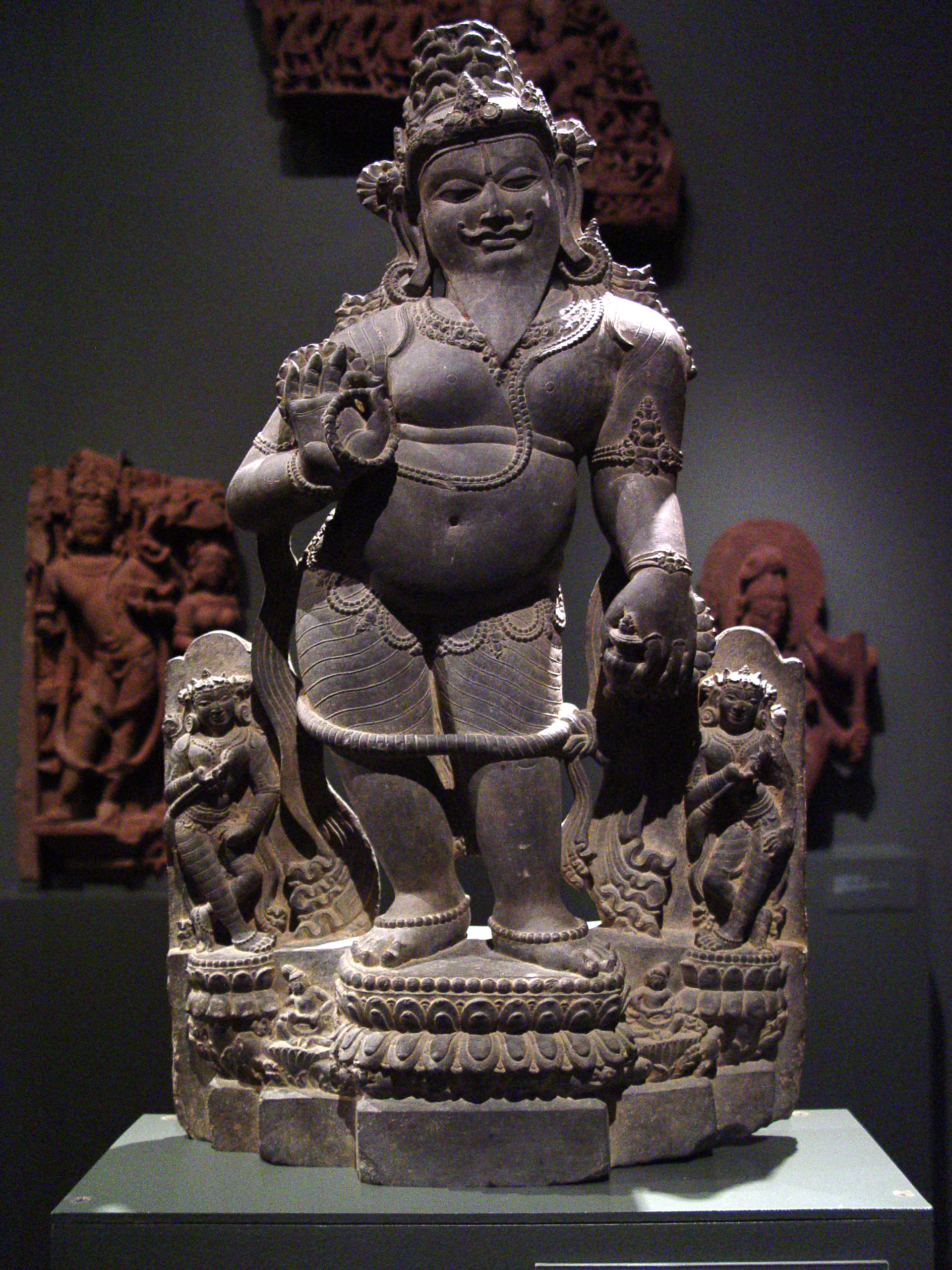|
Kaniyan Pungundranar
Kaniyan Poongunranar, also Poongundranar or Pungundranar (), was an influential Tamil philosopher from the Sangam age from around 6th century BCE. His name Kaniyan implies that he was an Kaala Kanithar (astronomer) (''kaala kanitham'' in Tamil literally means mathematics of date, time and place). Kaniyan was born and brought up in Mahibalanpatti, a village panchayat in Tamil Nadu's Sivaganga district. He composed two poems in Puṟanāṉūṟu and Natrinai. Purananuru (Verse 192) Themes Cosmopolitanism Poongundranar rejected division of mankind into various categories and emphasised the universality of all humans. The Tamil bards and intellectuals of the time of Poongundranar and those preceding his age considered that all humans, whatever their rank or station in life, were alike. Natural law Poongundranar states that the wooden log is carried by the water in its direction and similarly postulates that everything in life will also follow karma. This he calls 'Way of ... [...More Info...] [...Related Items...] OR: [Wikipedia] [Google] [Baidu] |
Sangam Literature
The Sangam literature (Tamil: சங்க இலக்கியம், ''caṅka ilakkiyam'';) historically known as 'the poetry of the noble ones' (Tamil: சான்றோர் செய்யுள், ''Cāṉṟōr ceyyuḷ'') connotes the ancient Tamil literature and is the earliest known literature of South India. The Tamil tradition and legends link it to three literary gatherings around Madurai and Kapāṭapuram ( Pandyan capitals): the first over 4,440 years, the second over 3,700 years, and the third over 1,850 years before the start of the common era. Scholars consider this Tamil tradition-based chronology as ahistorical and mythical. Most scholars suggest the historical Sangam literature era spanned from c. 300 BCE to 300 CE, while others variously place this early classical Tamil literature period a bit later and more narrowly but all before 300 CE. According to Kamil Zvelebil – a Tamil literature and history scholar, the most acceptable range for the Sangam l ... [...More Info...] [...Related Items...] OR: [Wikipedia] [Google] [Baidu] |
World Tamil Conference
The World Tamil Conference ( ta, உலகத் தமிழ் மாநாடு) is a series of occasional conferences to discuss the social growth of the Tamil language. Each conference is attended by thousands of Tamil enthusiasts around the world. Conferences are hosted in various cities in India, as well as world cities with a significant Tamil population. The conference aims in promoting the heritage of Tamil language A similar conference called World Classical Tamil Conference 2010, unapproved by the International Association for Tamil Research, was held in Tamil Nadu conducted by the Government of Tamil Nadu under the leadership of M. Karunanidhi. Not all agreed with the academic and intellectual rigour of the latter event. Despite these criticisms upholding such a huge event portraying the value of Tamil language and culture is being appreciated vastly and credited to the DMK supremo as commonly believed by the people in the state of Tamil Nadu. The theme song of th ... [...More Info...] [...Related Items...] OR: [Wikipedia] [Google] [Baidu] |
Evil
Evil, in a general sense, is defined as the opposite or absence of good. It can be an extremely broad concept, although in everyday usage it is often more narrowly used to talk about profound wickedness and against common good. It is generally seen as taking multiple possible forms, such as the form of personal moral evil commonly associated with the word, or impersonal natural evil (as in the case of natural disasters or illnesses), and in religious thought, the form of the demonic or supernatural/eternal. While some religions, world views, and philosophies focus on "good versus evil", others deny evil's existence and usefulness in describing people. Evil can denote profound immorality, but typically not without some basis in the understanding of the human condition, where strife and suffering ( cf. Hinduism) are the true roots of evil. In certain religious contexts, evil has been described as a supernatural force. Definitions of evil vary, as does the analysis of it ... [...More Info...] [...Related Items...] OR: [Wikipedia] [Google] [Baidu] |

